Story by Claire Marie Porter & Photography by Linette Kielinski
Behind the curtains in a small room at Bartram’s Garden’s conservatory are jars and jars of seeds. Owen Taylor of Truelove Seeds, is storing them for winter. They just happen to be on the grounds of the oldest surviving botanical garden in the country, where, several hundred years ago, botanist John Bartram once manifested his own devotion to the biodiversity and cultural preservation of plants.
Taylor continues this tradition today.
“Every seed has a story,” he explains. “The history of the seed ties in with your own personal history. You’re able to talk about the movement of people and to hold on to this sense of home in a new land.”
Taylor grew up in northeastern Connecticut, originally territory of the Mohegan Tribe. When a friend of his from the Mohegan reservation shared her great uncle’s succotash recipe with him, Taylor learned that the magenta-splashed borlotto bean was not only culturally significant to his Italian family, but to the Mohegan tribe as well. He devised that the Mohegans eat the borlotto bean because they intermingled with the Italian farmers who settled around them.
These are the types of seed stories that define the operation at Truelove, a profit-sharing company that grows, preserves and sells rare and culturally significant seeds. The seeds are grown and sown by about 25 different small-scale farms around the country that are committed to sustainable growing practices.
Half of the profit from seed packet sales goes back to the farmers who grew them, which, according to Talyor, is what makes the venture unique.
“People are growing their ancestral and regional crops and sharing those stories in their own words,” he says, “while also getting financial support through the seed company.”
While Taylor began growing food with his family as a child, his first official farm experience was at Bull Run Mountain Farm in The Plains, Virginia, in his early 20s.
This interest in farming eventually evolved into passion for food justice. He met his future husband, Chris Bolden-Newsome of the Sankofa Community Farm at Bartram’s Garden, at a Growing Food and Justice Initiative gathering in 2008 in Milwaukee. They dated long-distance while Taylor worked in the food justice movement in New York City for seven years, first as a training and livestock coordinator, and then as a program manager.
After Bolden-Newsome proposed in 2012, Taylor moved to Philly. Within a few months, he began working as the community organizer for the Public Interest Law Center’s Garden Justice Legal Initiative.
“I left that position after one year because I fell in love with the work of seed keeping,” says Taylor, who had begun working for notable seed collector William Woys Weaver and his Roughwood Seed Collection of more than 4,000 heirloom food varieties.
Weaver’s grandfather, H.R. Weaver, informally started seed saving in the 1930s. After finding his grandfather’s collection in a freezer years after his death, Weaver continues to preserve and add to it, also selling seeds from the collection.
“Saving seeds is preserving the biodiversity of our food supply,” says Weaver. “It puts us in control of our food supply. If we grow our own food, we’re not dependent on someone else.”
It allows us to control the quality of the food we’re eating, he says, but it’s a commitment, and a lot of seed savers aren’t making a lot of money. The cost of producing food like this just isn’t profitable in the globalized food market, with “the junk that’s in the supermarket,” he says.
“The seed saving movement isn’t nostalgia,” Weaver says. “It’s about nutrition and healthy eating and living.”
As long as oil is cheap, agribusiness works, Weaver explains. But eventually the cost of oil will prevent globally sourced foods from being transported long distances. In this next phase “we’re going to have to deal with what we have,” he says, indicating that keeping seeds for healthy food able to grow in the soil around us will become vitally important.
Still, that’s not the only reason for Weaver’s interest in heirloom seeds. They also define who we are, he says.
“These seeds’ stories are about our cultural identity,” Weaver explains.
Taylor learned all this and more when he studied the art of seed saving under Weaver’s tutelage in Devon, Pennsylvania. After working with the Roughwood Seed Collection for four years, he conceived of Truelove Seeds as a way to integrate saving seeds and food justice.
Heirloom seeds with cultural importance are the focus of the business, and a lot of the seeds are deeply ancestral for the growers. While for Taylor, ancestral seeds are southern Italian and Irish varieties, depending on the grower, the seeds can range from African diaspora varieties to those from the British Isles and Ecuador.
Truelove growers also work with rare seeds, some from the Roughwood Collection, and culturally significant vegetable, herb and flower seeds, with a focus on food and medicine crops.
When Taylor asks all the growers he works with, “What seed tells your story?” what he means is, “What kind of seeds remind you of home, and how can we preserve and honor that history?”
“Most seed companies are growing crops from all over the world, but not recognizing their origins,” he says, adding that things we often think of as staples, such as apples, or eggplants, are not native to the U.S., and have far-reaching histories and ancestral ties.
“It’s been 400 years of cultural mixing,” he says.
Truelove seeds’ purpose and process for seed saving is three-fold: Having seed repositories of high-performing, regionally adapted plants is one. According to Taylor, the importance of developing crop biodiversity in combating climate change cannot be overstated.
“Climate change is happening rapidly,” he says. “For me, developing a relationship with our soil and climate through seed saving is a long-term, ongoing process.”
And he does so by having large populations of plants, so there’s a large gene pool, and no inbreeding and “genetic bottlenecking” of plant species. When growers buy seeds from across the globe, they buy seeds that are acclimated to a different climate, and thus, less resistant to climate change.
Conversely, “the more that we’re adapting seeds to our specific climate, the more climate change-ready they are,” Taylor says.
Regional adaptation for seeds is crucial, and happens when people save or grow their own local seeds.
“Not every plant makes it to the future,” he says. “So we’re saving seeds from the plants that are the healthiest in our field.”
The second part of Truelove’s mission involves buttressing the most vulnerable people in the path of climate change.
It does this by supporting community-led solutions to the inadequacies of a globalized food system. The company partners with urban farms that promote food and social justice, like Soulfire Farm in Upstate New York, Sankofa Community Farm and Soilful City in Washington, D.C..
The third piece to the model is promoting the art of seed saving—a practice that has been lost as people have stopped farming and moved to cities and suburbs, says Taylor, but that can signify a deeper connection for many communities to the food they grow and eat.
Truelove also encourages their customers to save their own seeds, supplying them with information on how to do so.
“We’re working with immigrant and refugee communities, to save their seeds” he says. “Holding onto those varieties that taste like home is super important.”
“I’m interested in supporting seed keeping as a practice of preserving living culture,” he continues. “I try not to exoticize our seeds, but honor their important place in our past, present and future.”
They do so without introducing plants that would tip the scales of the ecosystem, says Taylor. He also notes that at Truelove, the growers are required to practice natural, organic farming methods. They see the soil as its own unique ecosystem and practice no- or low-till farming methods, never tilling in the same area twice.
“When you till, you’re killing macro- and micro-organisms,” says Taylor, “things that create a healthy soil food web.”
“We believe in the life of the soil, and want to invest in that,” he adds, explaining that every time that the soil ecosystem is disturbed, it loses nutrients.
Truelove Seeds also practices open pollination, allowing the plants to self-pollinate naturally, leading to a more true-bred variety of seed.
“We make our farms into a sanctuary for pollinators,” Taylor says, by investing in the airborne ecosystem and growing plants like milkweed, Mexican sunflowers, zinnias and dahlias.
“Our main focus is the human ecosystem,” he says. “As Philly’s population grows and changes, we want to make sure everyone has a chance to eat the food that reminds them of home.”
Bolden-Newsome emphasizes African and African diasporic teaching methods at Sankofa Community Farm, which participates in growing and saving seeds with Truelove.
“We are, first and foremost, a spiritually rooted farm,” says Bolden-Newsome of the farm, which operates on the grounds of Bartram’s Garden in Southwest Philadelphia. The mission of Sankofa, he says, fits in tandem with Taylor’s work.
Sankofa is a Twi word (of Ghana) that translates literally to “It is not taboo to fetch what is at risk of being left behind.”
“At the farm, we are committed to living the praxis of Sankofa,” he says, “ … moving forward with our lives as individuals nourished by active engagement of our people’s shared narratives in America.”
“We are doing the work of healing the land and people on the land,” he says.
Which in Southwest Philly is 90 percent people of African and African diasporic descent. Sankofa grows foods that are culturally significant to those groups, namely foods from the Deep South, like field peas, mustard greens, turnips, sweet potatoes and African greens.
“I work with Truelove because they have reverence of soil and reverence of ancestry,” he says.
They are doing all this work in the context of a larger agricultural project, Bolden-Newsome says. One that, as the farm’s namesake implies, returns people to their roots, so that they can move forward.
Sankofa began as a different entity, he says, with ties to food security, not food justice—the difference between the two being that food security involves communities’ access to food, whereas food justice involves communities exercising their right to grow, sell and eat healthy food. Sankofa takes the mantle even further into food sovereignty, communities’ control over healthy and culturally important food that’s produced sustainably.
Bolden-Newsome came to Philadelpia from the Mississippi Delta, where he used to grow his own food. He lost touch with that history after moving to Philly, and it made him wonder how his people were separated.
The South, he says, is the land that “Black people can put their finger on. Because if you’re Black in this country, you’re from the South,” he says.
“Since the time of slavery, Black people in the diaspora have struggled with history in a unique way,” he says. “We have had to dig out our story, taste its sweets and bitters.”
“This is why we take the South so seriously,” he says, in terms of both a spiritual ancestral connection and cultural seed choice.
Bolden-Newsome believes that he and Taylor were divinely called to this work.
“We believe it connects us in a conscious way to God,” he says. “We began this work really nourishing the life of the soil.”
The Burmese community at the Novick Family Urban Farm in South Philadelphia has been trying to find the right-tasting hibiscus flower for years. They grow the plant for its leaves, and have been working hard to cultivate the one that tastes like home, says Taylor, using this as an example of the effort it can take to get seed preservation right.
“As you adapt things to our climate, sometimes you lose something, too,” he says.
Still, people like Taylor and Weaver are doing what they can to provide seeds and foods that are important, especially to diasporic populations.
“Seed saving is an act of resistance to assimilation, but also a radical act of self-determination,” says Taylor. “This is my food and I’m in control of it.”
And the heart and soul, the centerpiece, of food sovereignty, he says, really is seeds.
“A seed is literally planning for the future,” says Taylor. “A seed is hope.”


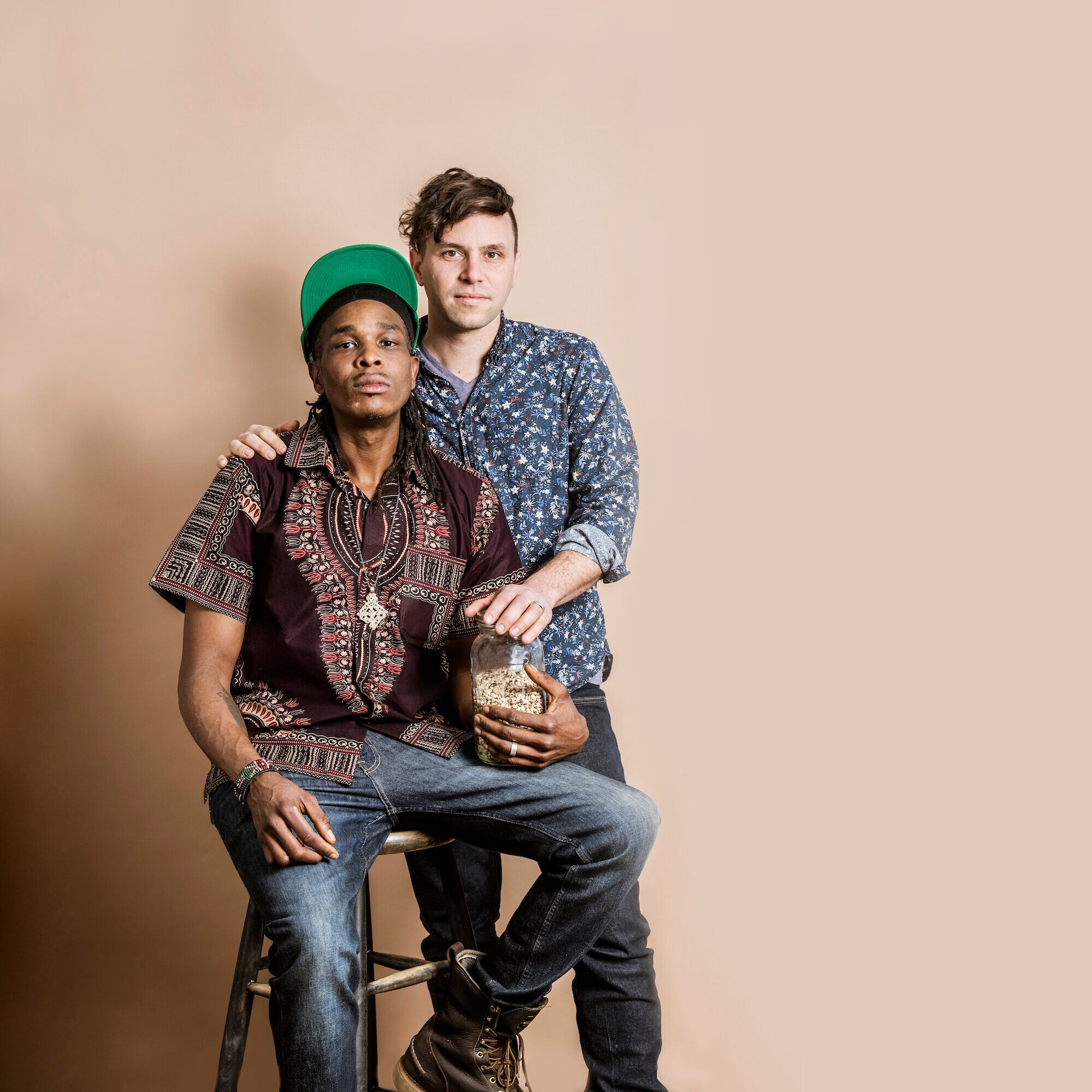
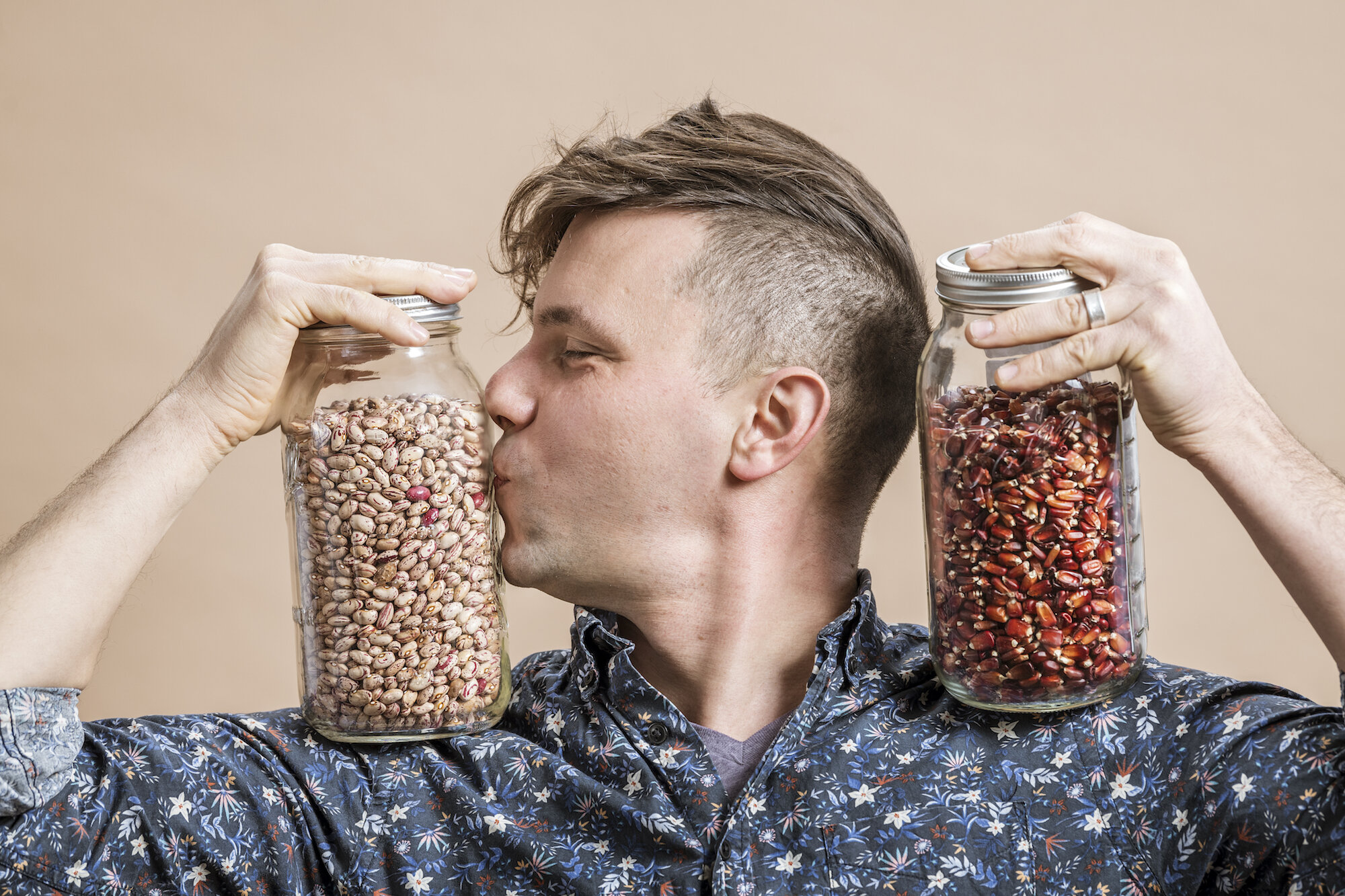
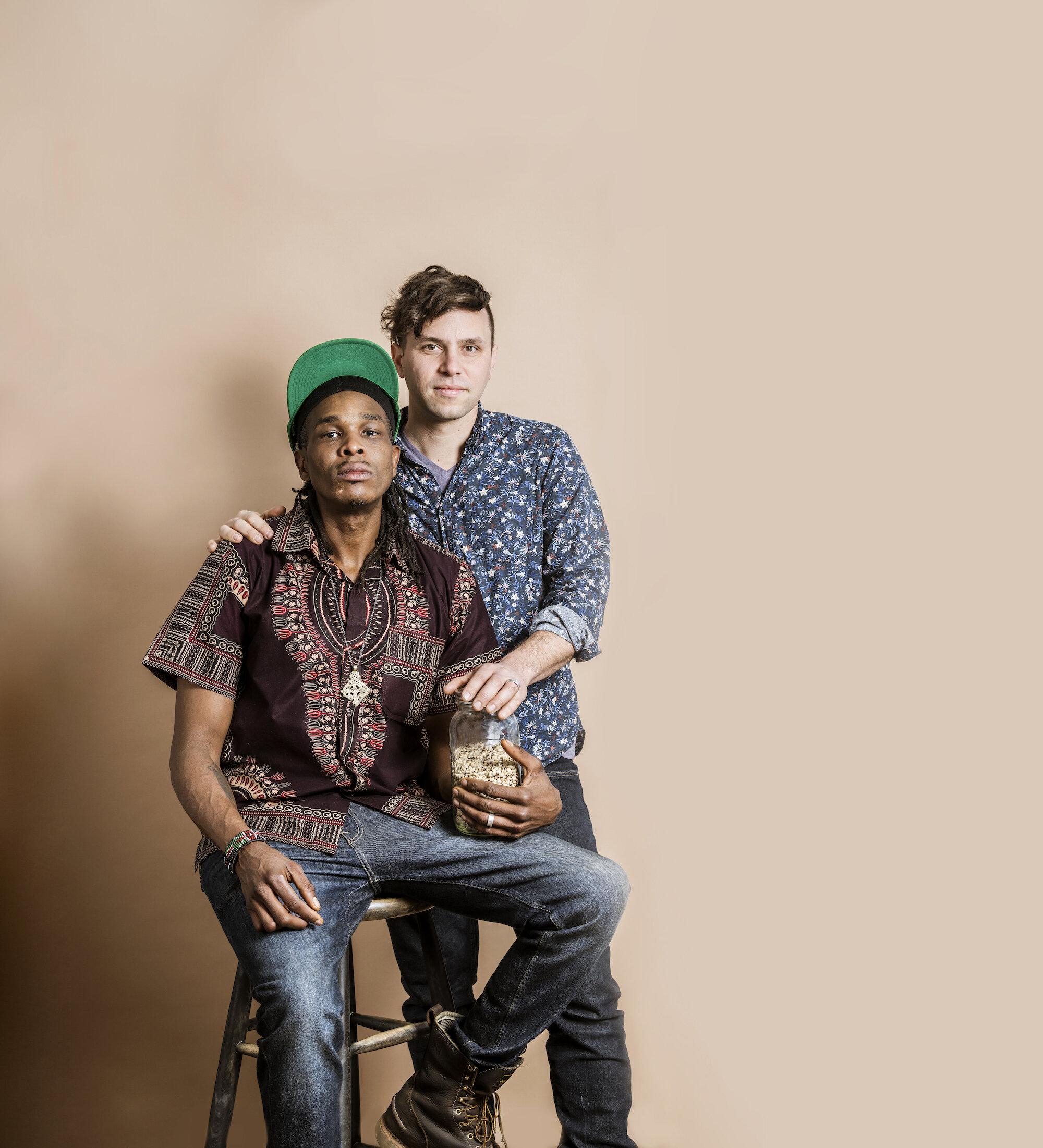
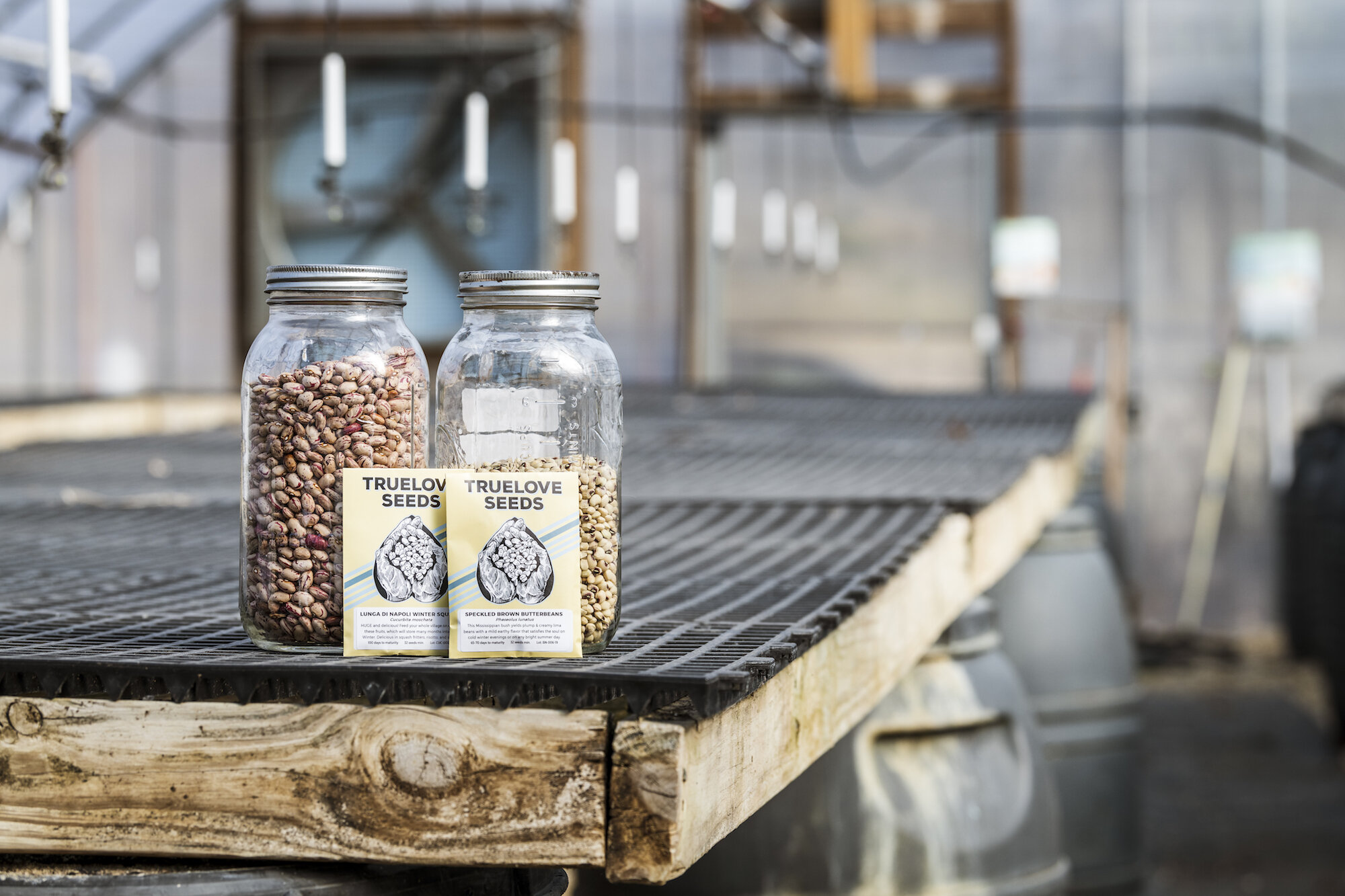
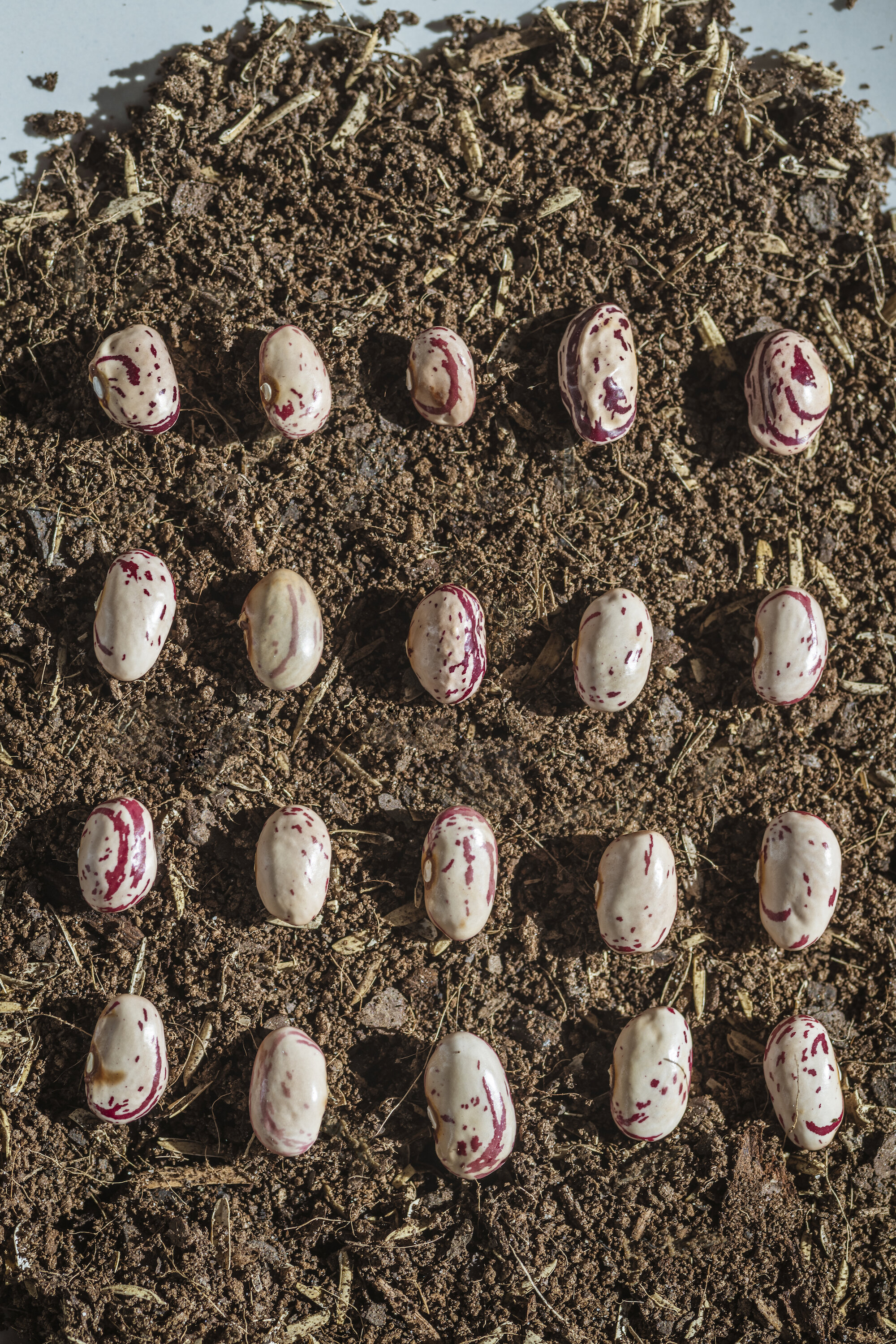
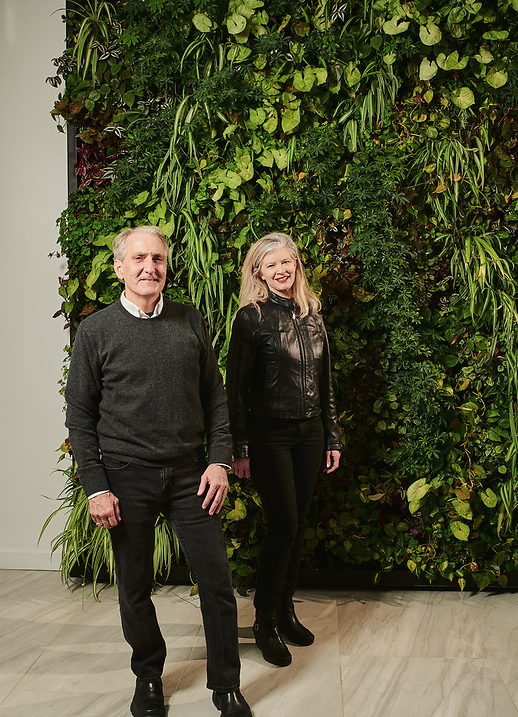
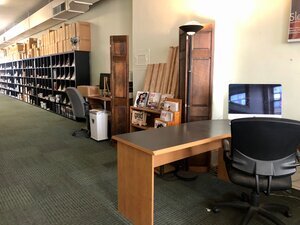
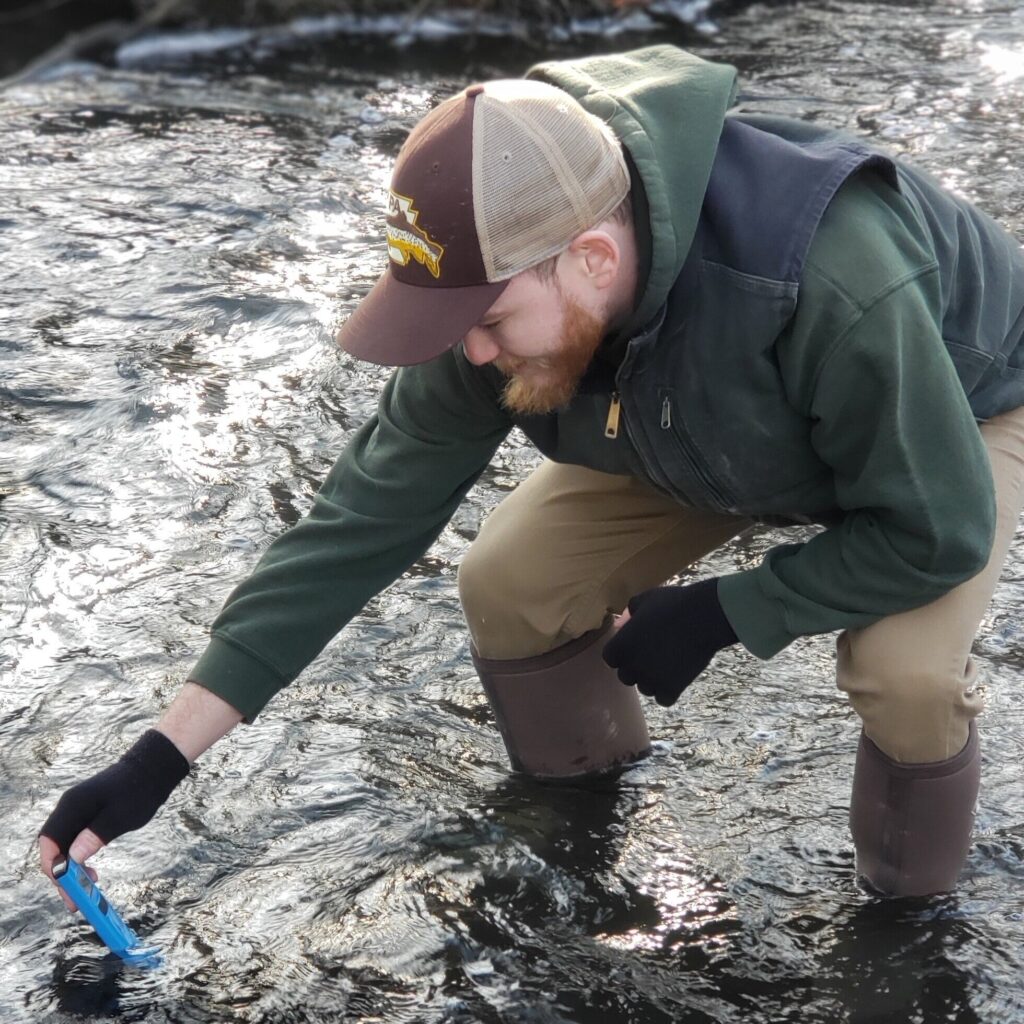
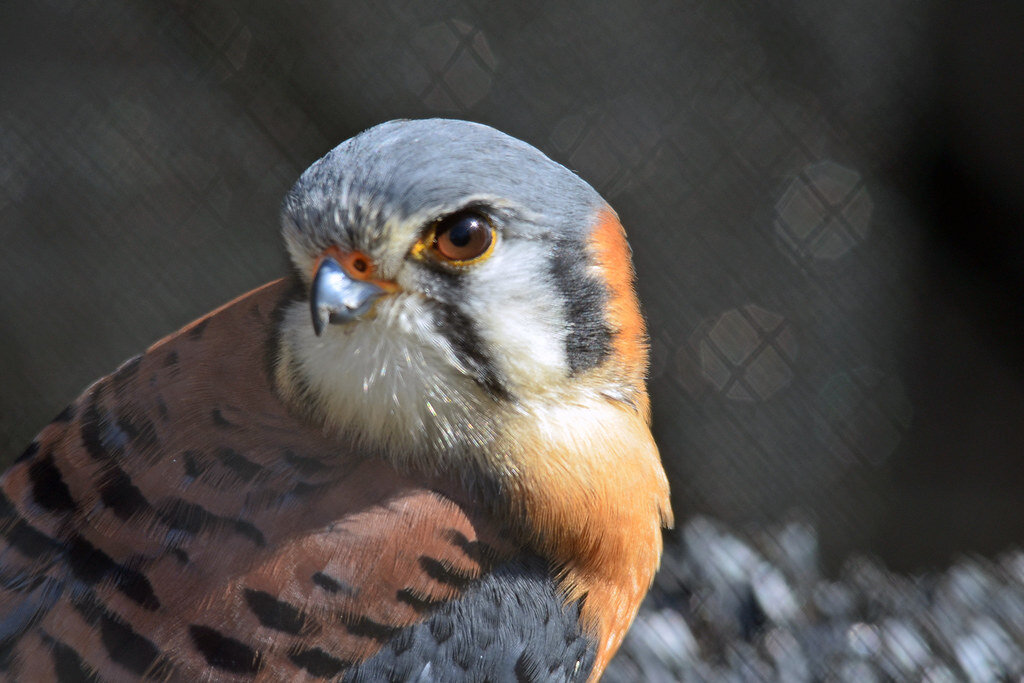
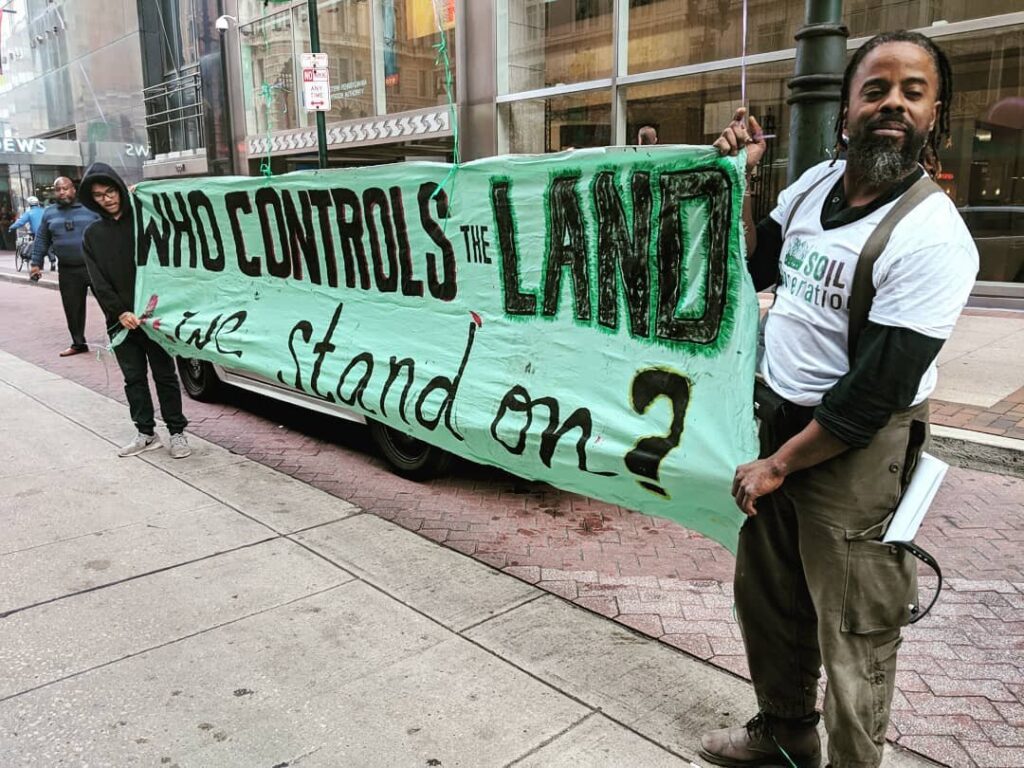
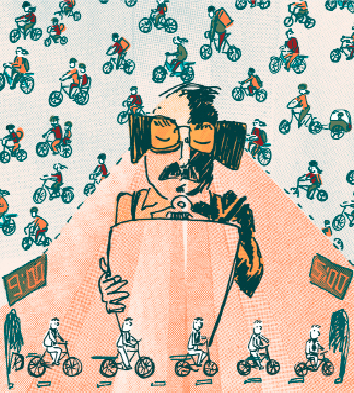
I’m so glad to learn of all this. This inspires me. I’m going to share this link with my community garden.